SUSTAINABILITY
Sustainability for a clothing brand refers to the integration of environmentally responsible, socially ethical, and economically viable practices throughout the brand's operations, from design and production to distribution and consumer engagement. It involves minimizing the negative impacts of the fashion industry on the environment and society while maximizing positive contributions to create a more sustainable and ethical approach to fashion. Here how we are trying to follow sustainable practices.
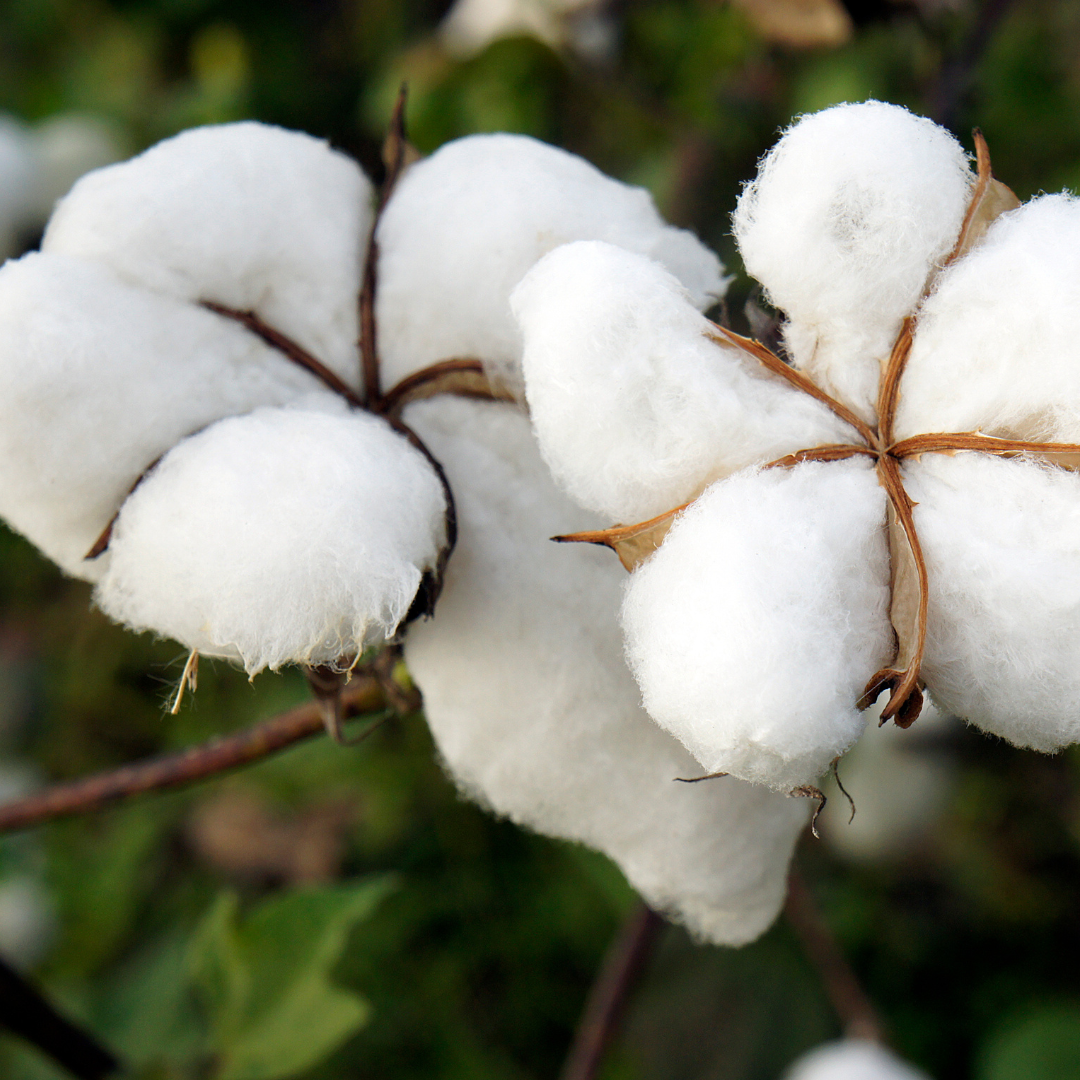
Natural Fabric
Cotton fabric is inherently sustainable due to its natural origins and biodegradability. Derived from the fibers of the cotton plant, it's a renewable resource that can be replanted and harvested annually. Unlike synthetic materials, cotton also does not shed microplastics, further reducing its impact on our environment. Moreover, cotton is inherently skin-friendly, making it a comfortable and gentle choice for all-day wear.

Non-AZO Dyes
Non-AZO dyes are used in fabrics contribute to sustainability by reducing environmental and health concerns. Unlike azo dyes, non-azo dyes do not contain potentially hazardous aromatic amines, which can have adverse health effects and may persist in the environment. Lab test conducted by Euroifn post dying and printing did not detect any traces of AZO dyes including APEOs (Alkylphenol Ethoxylates) and APs (Alkylphenol).
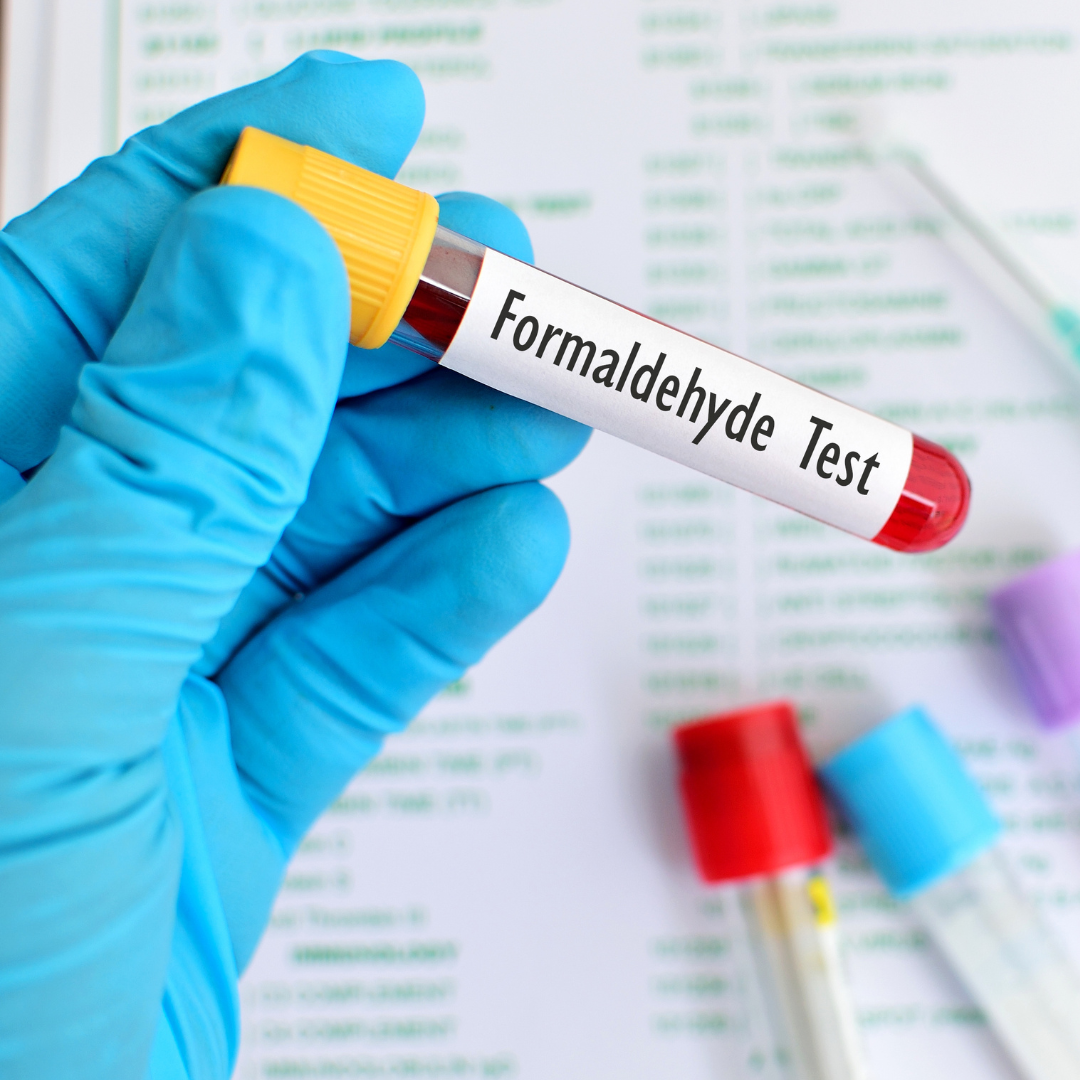
Formaldehyde-Free
Formaldehyde is used to enhance wrinkle resistance in some clothing and textiles, especially those made of cotton. It has adverse effects on your health and the environment. By eliminating it from our practices, we're committed to providing you with clothing that's safe and eco-friendly. Our fabrics have undergone rigorous testing by Eurofin post-dyeing and printing, and the results are crystal clear – no traces of formaldehyde detected!
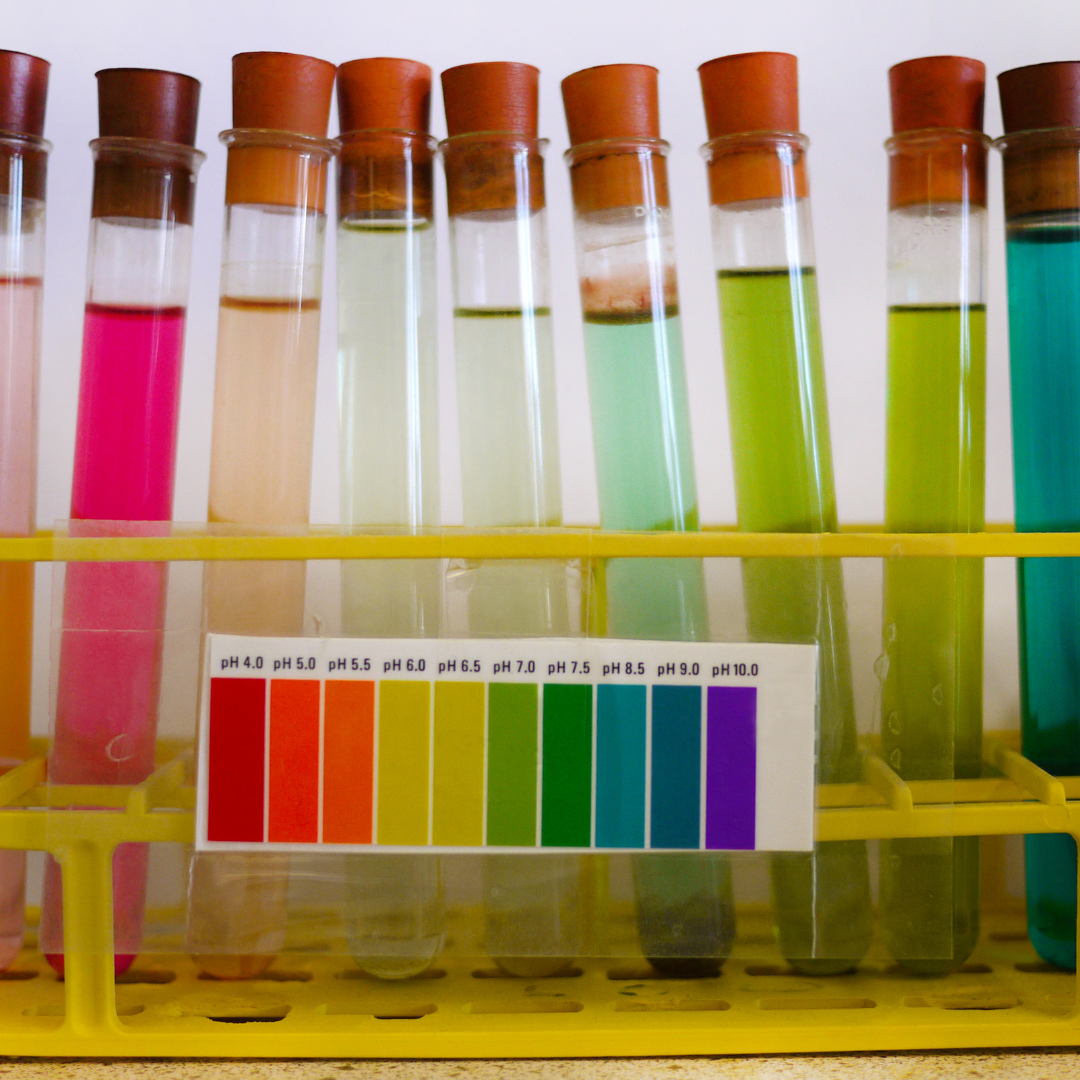
Ph Balanced
Cotton typically has a pH value ranging from 5.5 to 7, which is similar to the pH of healthy human skin. It is gentle on the skin and less likely to cause irritation. However, the fabric's pH can be influenced by manufacturing processes and chemical treatments. Our pH-balanced(lab tested by Eurofin post dying and printing, ranges between 6.71-6.91) clothes support your skin in maintaining its ideal pH level, promoting comfort and well-being.
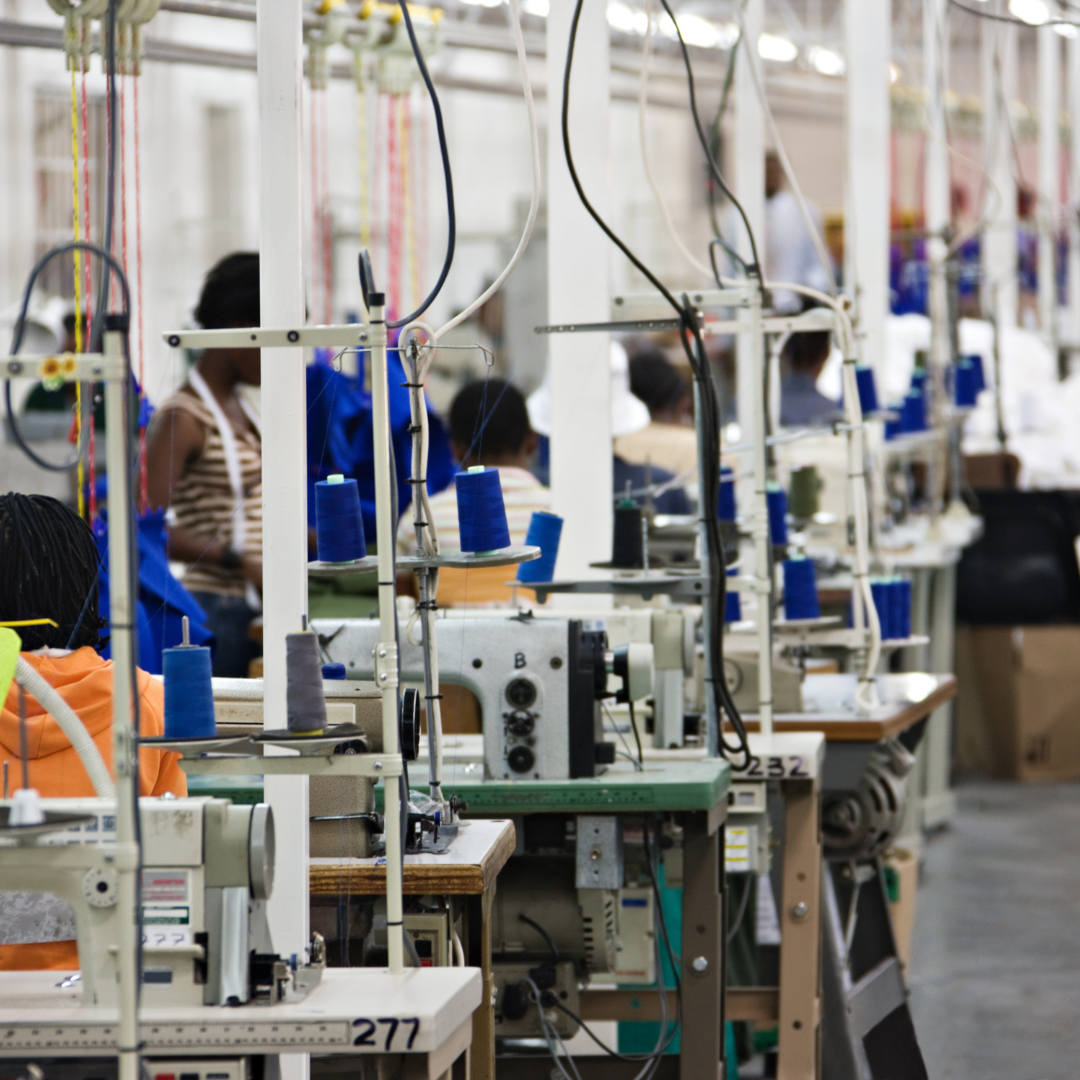
Ethical Manufacturing
Our manufacturing partner is audited and certified by SEDEX SMETA, which ensures that workers receive living wages, are not subjected to excessive working hours, are not discriminated against, and are not subject to harsh or inhumane treatment.

Quality over Quantity
Our manufacturing partner also holds ISO 9001:2015 certification which insures that manufacturers follows and implement a rigorous quality management system to prevent manufacturing of any substandard product. We take pride in crafting our clothing in small, thoughtfully curated quality batches.
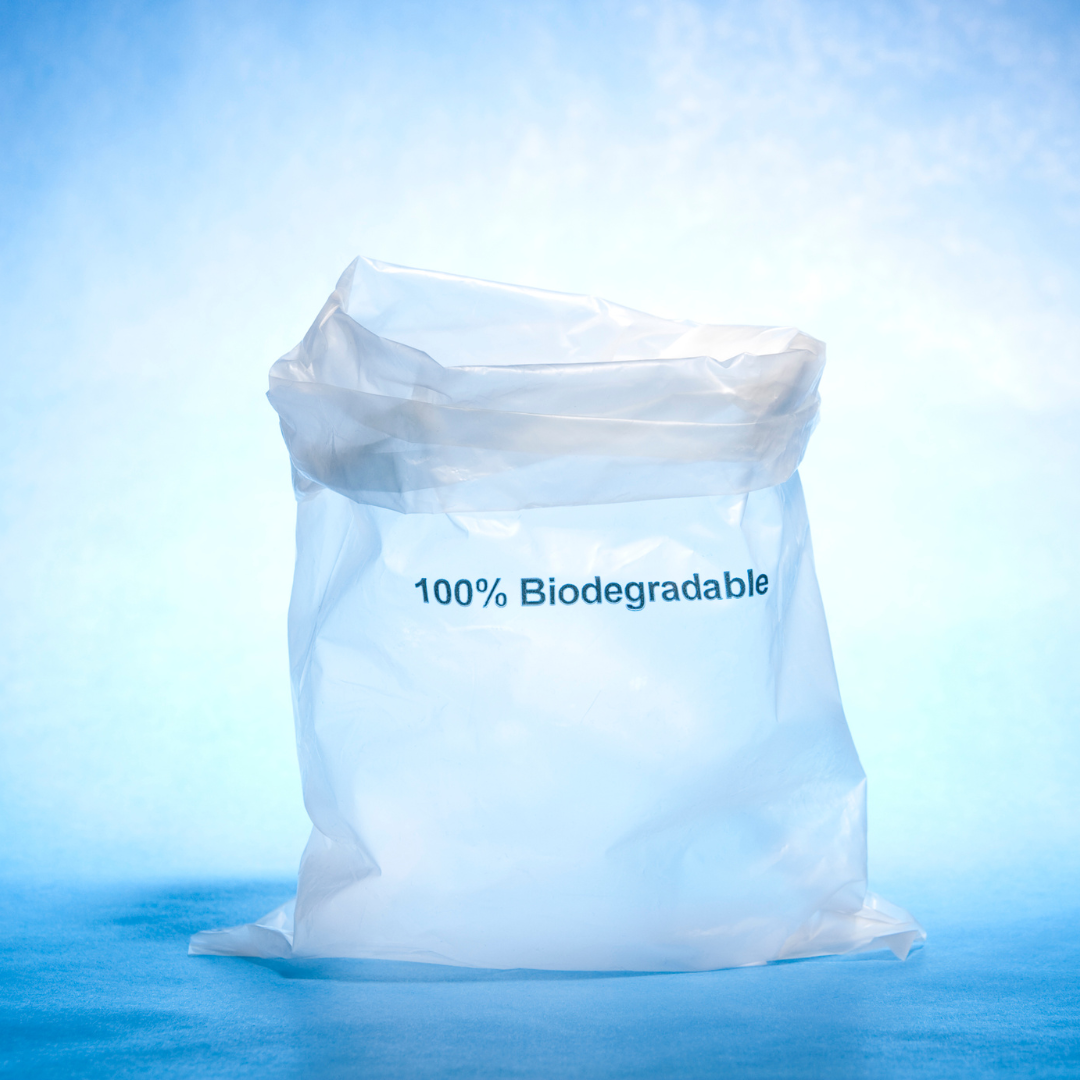
Bio-degradable Packaging
Our choice of packaging materials, such as biodegradable mailers and labels, aligns with eco-friendly practices. These materials break down naturally into organic matter when disposed of properly, significantly reducing their environmental impact.
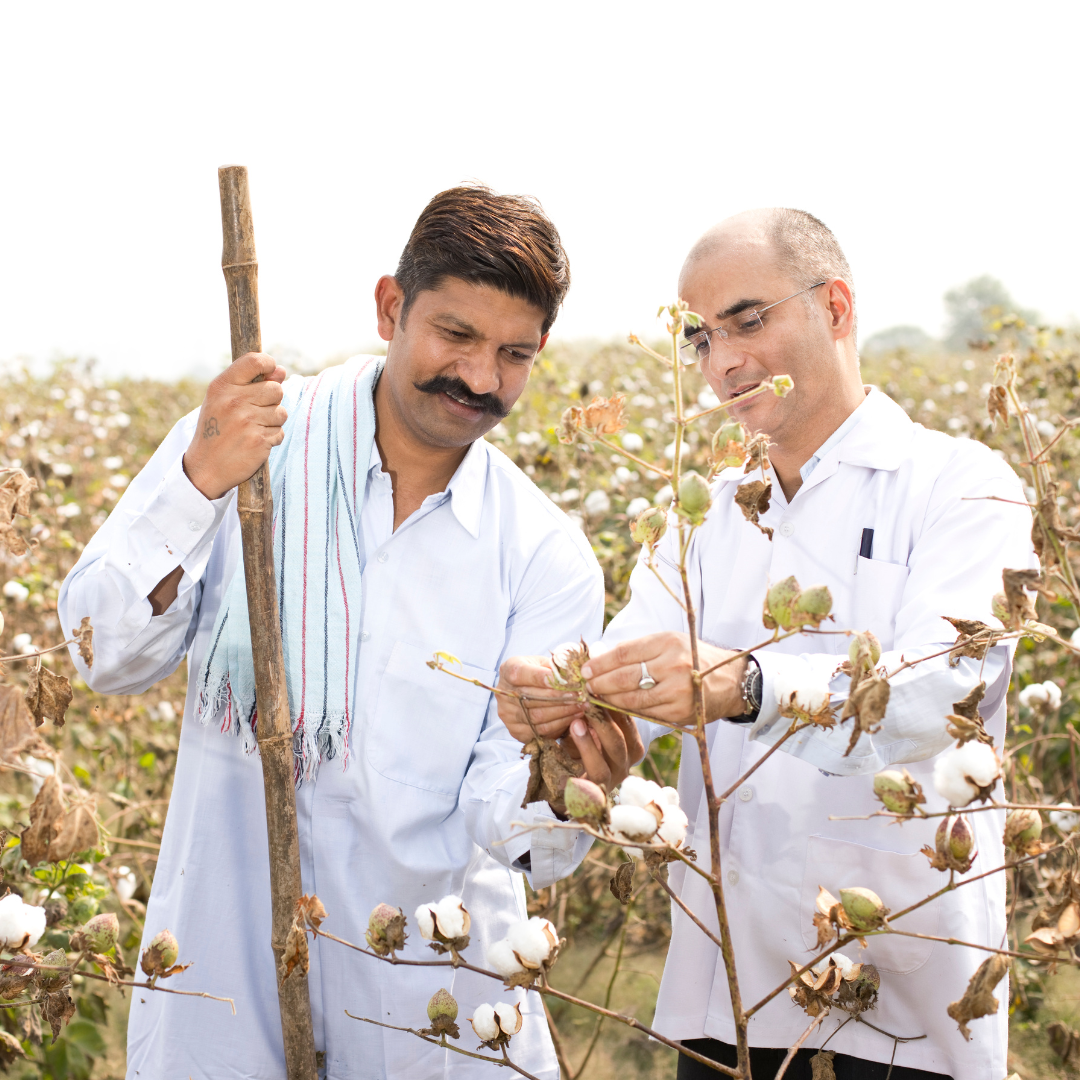
Empowering Communities
Cotton's sustainability extends to job creation, especially in agricultural communities. Unlike synthetic fibers, cotton cultivation involves labor-intensive processes, generating employment opportunities and supporting local economies. Choosing cotton promotes both environmental responsibility and social well-being by contributing to job growth and community empowerment.

Consumer Awareness
We believe in the power of consumer education as a force for sustainable change in the fashion industry. Our commitment extends beyond providing quality products; we aim to empower our customers with knowledge. We strive to educate you about sustainable fashion choices, offer guidance on clothing care, and encourage responsible consumption. Together, we can create a future where style and sustainability go hand in hand."
